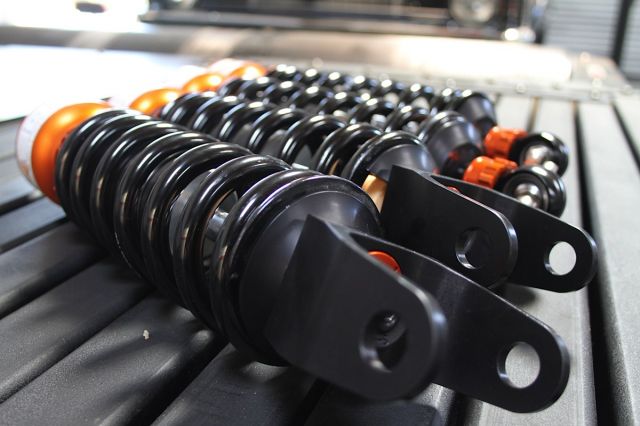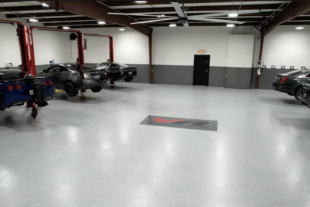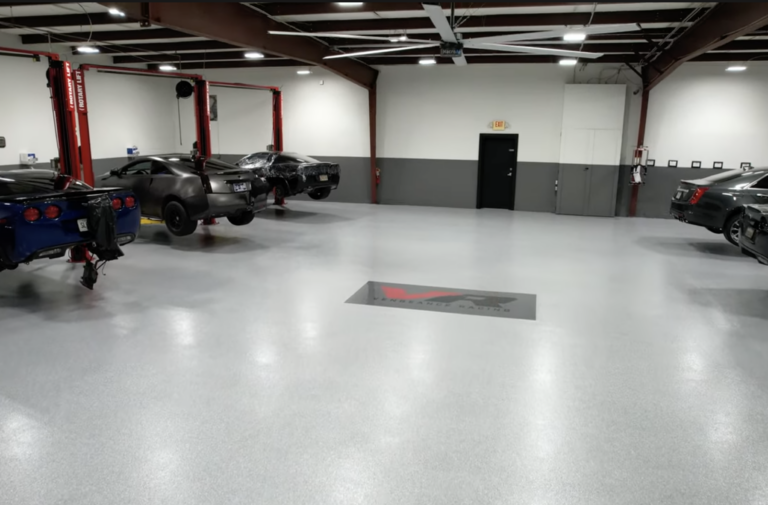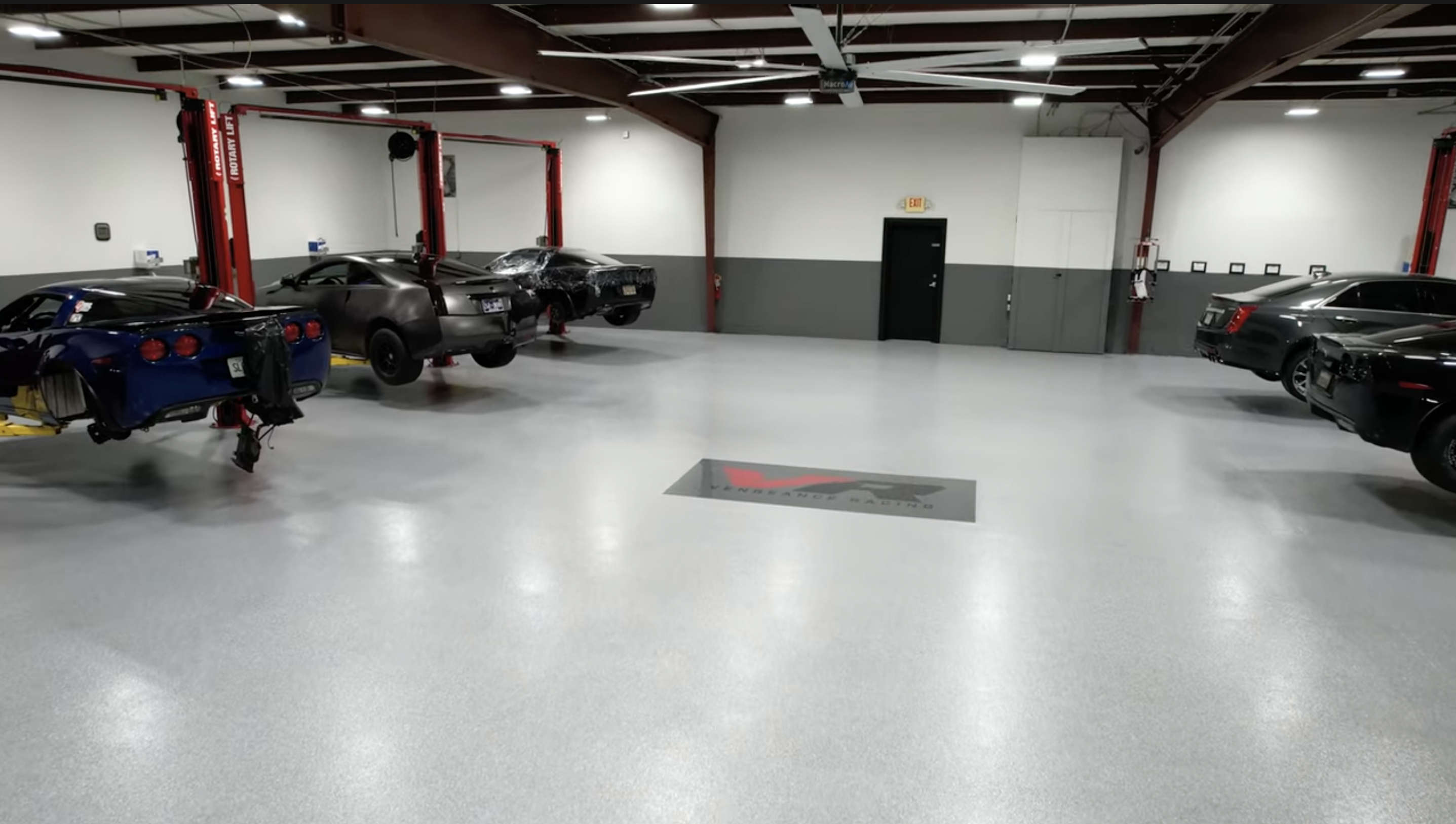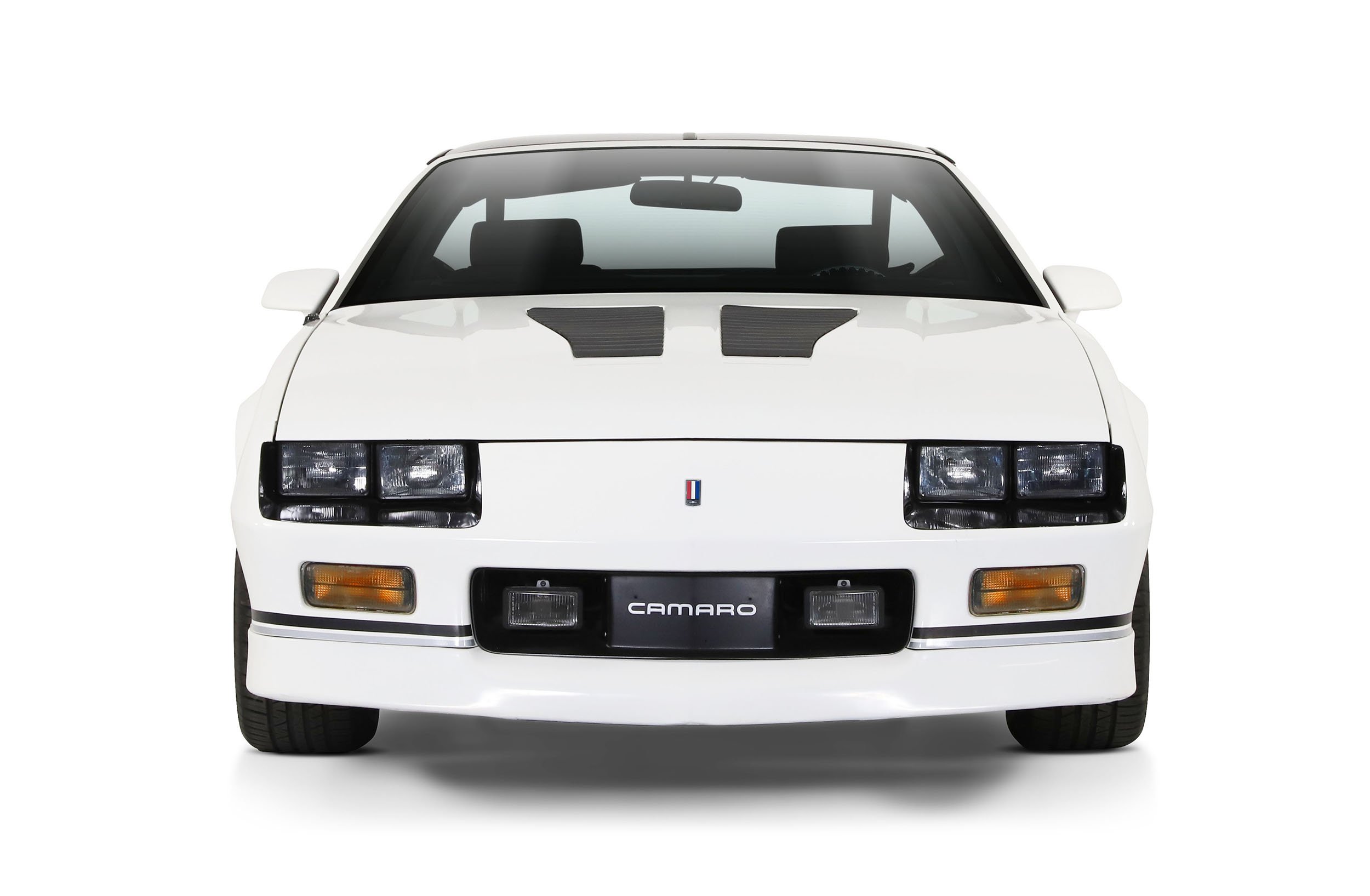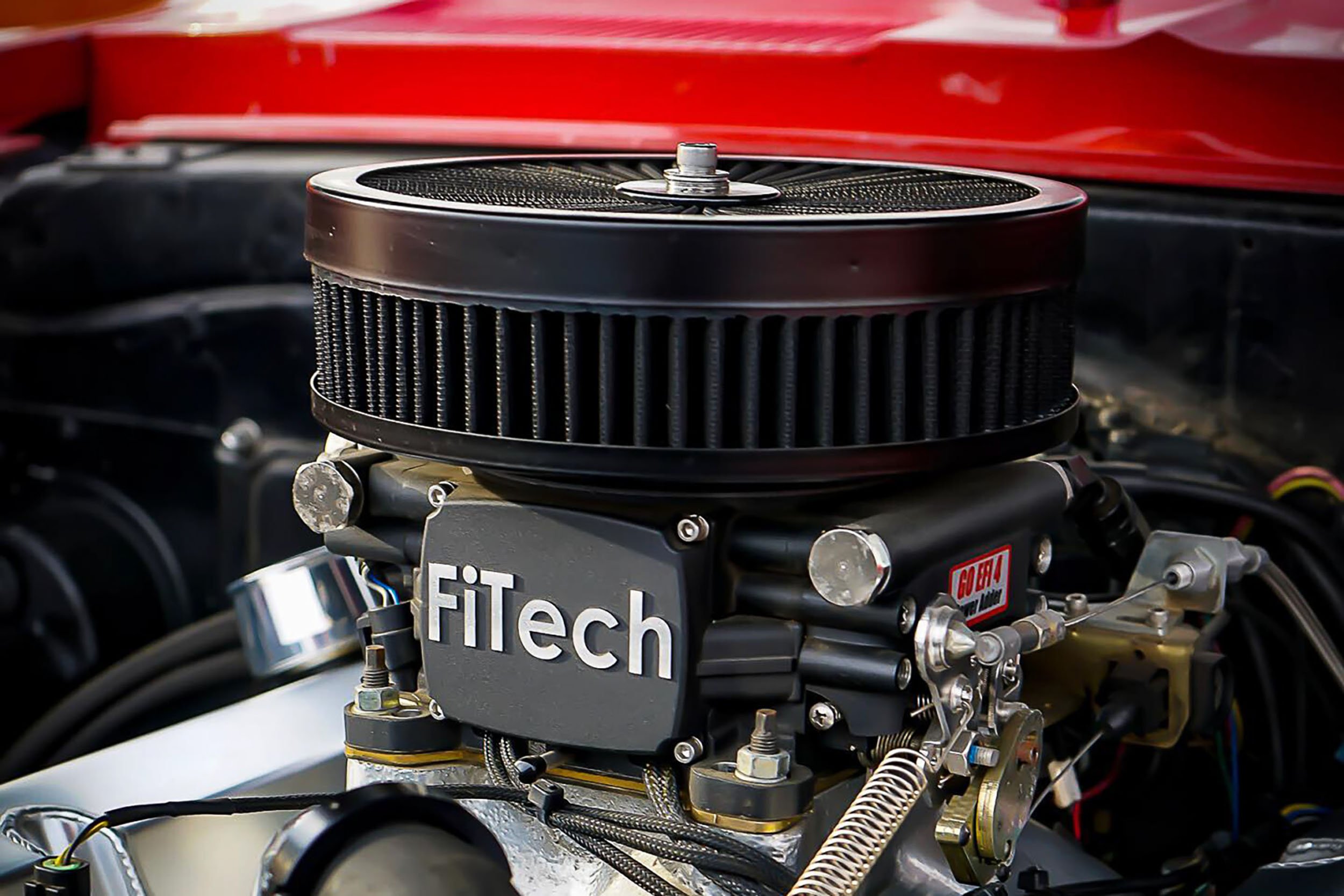
Editor’s Note – This month’s guest column is by Blair Sonnen, the Brand Manager for Pfadt Race Engineering, a company devoted to a wide array of powertrain, chassis and suspension products for popular LS-based platforms including the C5 and C6 Corvette. Pfadt Race Engineering has been racing Corvettes since 2007 and Sonnen has extensive experience with Corvette chassis tuning for both street and race applications. – Paul Huizenga
Being part of Pfadt Race Engineering, a company that operates on a day to day basis helping customers decide what the right products are to fit their needs, we are privy to the whole spectrum of aftermarket enthusiasts. We position ourselves primarily as a “racing company” due to our racing background and engineering/testing development procedures, but at the end of the day our customers are not always looking for race-only products. Sure, we sell some hardcore products that are race only (and come with those disclaimers). But most of our customers (and most aftermarket enthusiasts in general) are looking to install products on their street cars, to improve it in some way but still maintain the street drivability characteristics that came from the factory. And that is where the tricky part comes in…
Do you think you absolutely need the utmost in track performance with a no-compromises attitude towards driving your car on the street?
Without a doubt, racing cars in competition affords companies like Pfadt the opportunity to apply that technology to the direct products you can purchase for your street car. We all hear that from various racing program managers on race day, most notably from Corvette Racing. And as a former designer for that program I can tell you that there is most likely more emphasis on technology transfer in that program than anywhere else on pit-row. Aero development, engine lubricant composition, and chassis construction are all areas of serious “trickle down” potential influence. But with that said, lets face it; most cars you see in any serious and high-profile racing series share very little with their homologated street car counterparts. And for good reason. The requirements and rules-sets are very different and therefore need to be optimized for their respective situation and environment.
But where does that leave you and how you decide to upgrade parts on your Corvette in your garage? Do you think you absolutely need the utmost in track performance with a no-compromises attitude towards driving your car on the street? I know when I built my first “track car” (which spent 99.9% of its life on the street driving to and from work) I thought I needed those exact parts.
Full cage, 6 point harness, heavy spring rates, interior removed, built and boosted engine, racing seat/steering wheel, lightweight racing battery? I’ll take one of each thank you very much! But working in the industry has taught me that in reality, I certainly didn’t need to take that approach when building my track-car. I just thought I did. And we get those customers almost daily, just like my younger self. Often it’s the same loyal customers that we have to give consideration to when making a recommendation. But what we wind up doing, more often than not, is listening to their “hardcore” requirements and informing them that running super high track-based racing springs and no-deflection bushings is not the answer for the street.
The tricky part is that it is entirely common for customers to have expectations that are unreachable in terms of balancing performance and ride quality. Everyone wants race car handling and Toyota Camry street ride quality. And I’m here to tell you, those terms are 100% mutually exclusive.
The most basic way to improve road handling and cornering is to reduce the compliance and deflection in the suspension and chassis. To do this, you need to increase the roll-rates of the car, and incorporate parts made of stiffer materials. At the absolute core of this solution, lays the fact that increased road NVH (Noise, Vibration, and Harshness) will be a result. And many people are okay with that. But a lot of first time customers are not, and that just requires more education and explanation on our end. So we have to talk customers out of a “hard core race suspension” package, and get them into something that will drastically increase their vehicle’s performance, but will not bruise their kidneys over each bump.
Developing a suspension like this is no small task. Many aftermarket manufacturers use what is referred to as “cross-platform engineering,” meaning that if I make suspension for a Porsche Turbo 911 and a Dodge Viper, I could assign the same spring rates, roll rates, and damping curves for both products. But while that keeps development and product cost down, that decreases the level of optimization (and ultimately satisfaction) for your specific application.
Having a “hardcore” attitude towards suspension products doesn’t necessarily mean you have the best performing street product.
A perfect example would be our line of Johnny O’Connell suspension. The first development parts were actually initially similar damping curves and sway bar rates to our racing suspension that has won national championships in multiple classes before. But testing and development for our customer base stipulated more ride comfort (even for you hardcore guys!) and more compliance for 99% of the Corvettes we sell to that see real-world road conditions, and not glass-smooth and meticulously maintained track surfaces.
And that is the perfect example of how using racing and track testing with full race products can benefit the end product made for your street Corvette. Everyone wants to be proud of the parts they install on their car, and the performance increase that comes with them. Having a “hardcore” attitude towards suspension products doesn’t necessarily mean you have the best performing street product. And nowadays, the old hardcore theory of “stiffer is better” is taking a back seat to dual-use optimized components.
So the next time you find yourself yearning for the best performing parts, be sure to take a step back and realize what the practical use of your car is. You don’t have to settle for parts that belong solely on race cars. Rest assured that the new “hardcore” is parts that were developed on the track, but actually work on the street. And that is something every auto-modder should be proud about.




